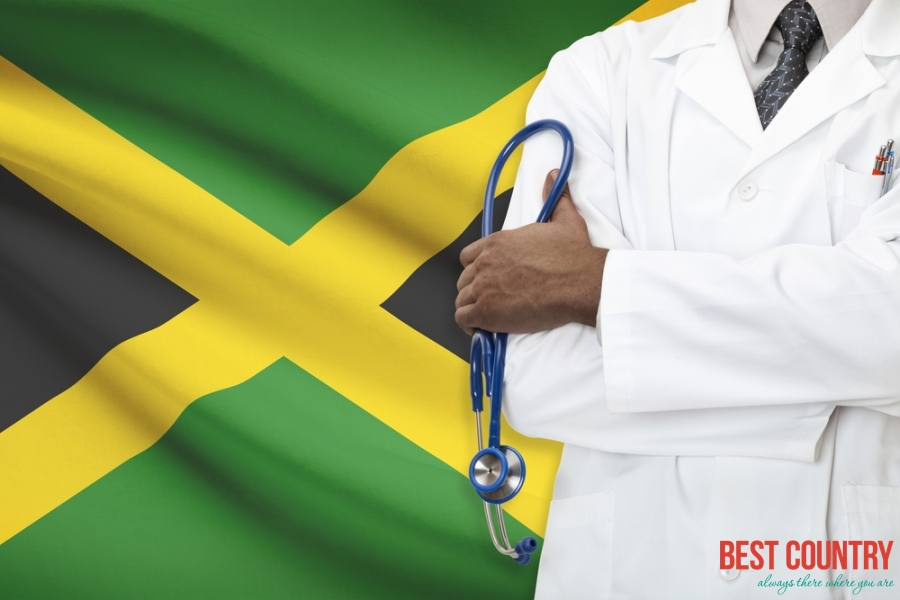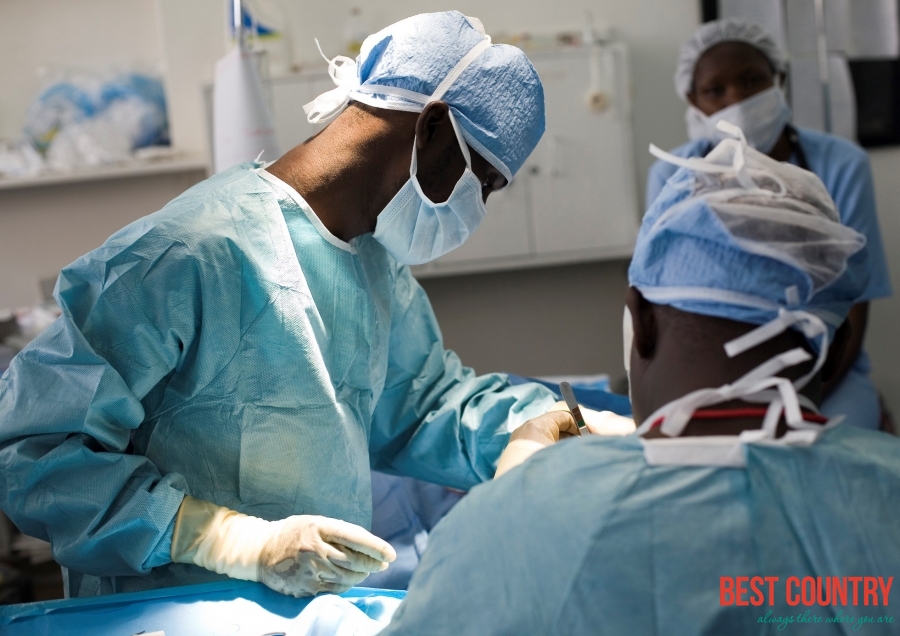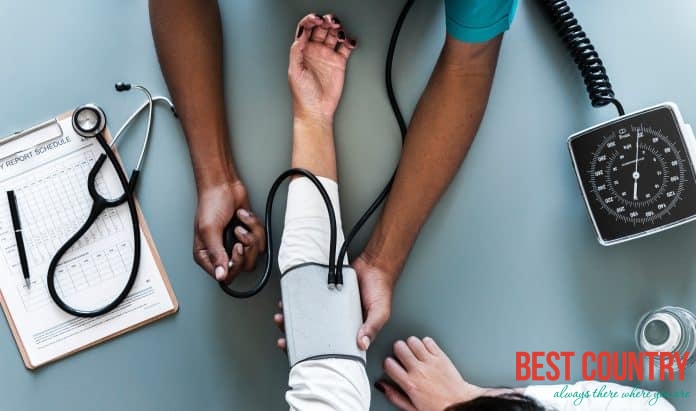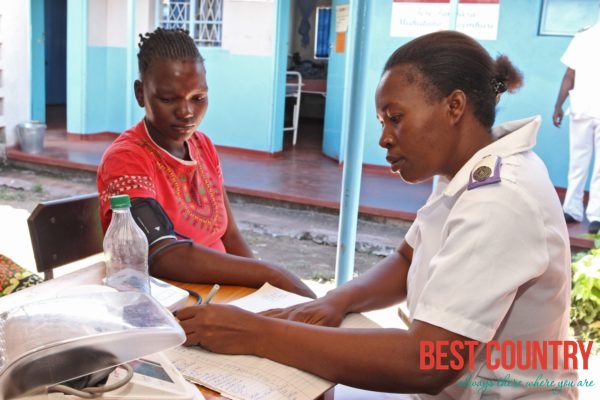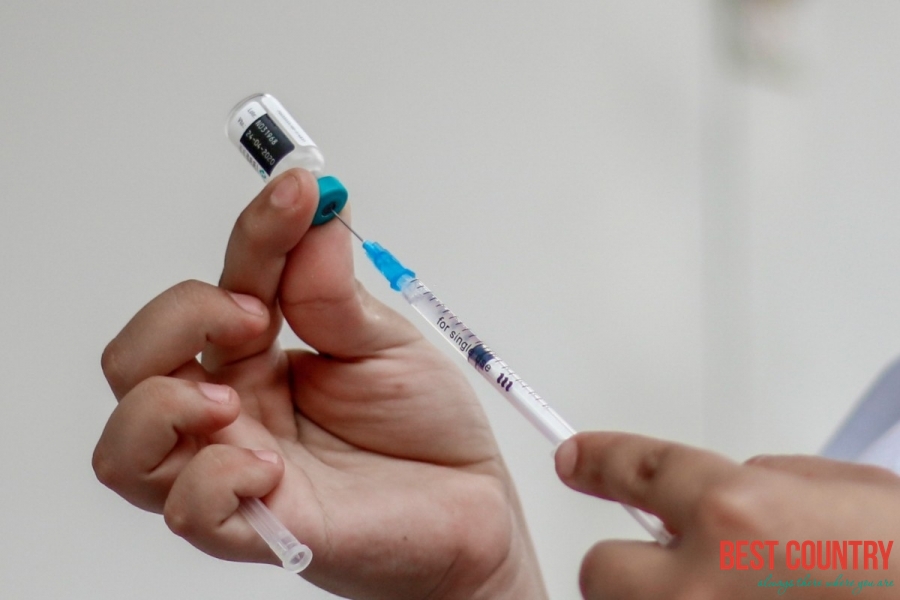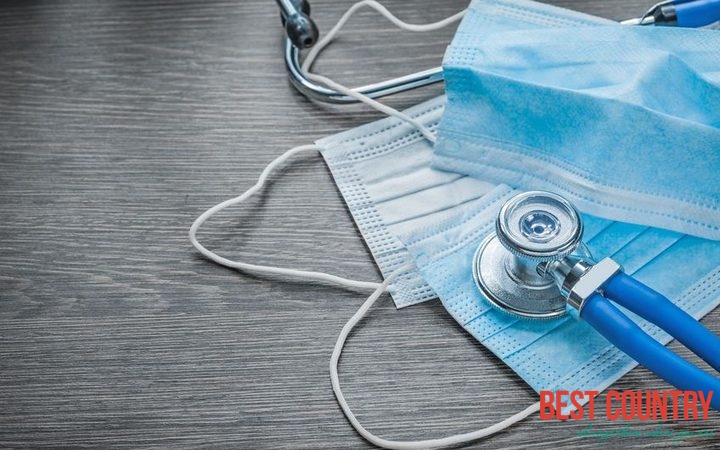Medicine in the different countries
Healthcare in Turks and Caicos
Turks and Caicos is one of many British overseas territories in the Caribbean and is a popular spot for expats and tourists because of the climate, beaches and lifestyle. The economy relies heavily on the offshore finance industry. Most tourists visit the main area of Providenciales, nicknamed Provo.
Jamaica Healthcare
Jamaica has developed a large and complex public network of primary care centres and hospitals around the country, offering an extensive array of services, frequently for free or below cost. The rising costs of healthcare resources, which are largely imported, and devaluation of the Jamaican currency have widened the gap between available and required resources.
Tonga Health Care and Vaccinations
The government provides comprehensive medical and dental facilities for residents and visitors. There are hospitals in Vaiola (Tongatapu), Hihifo (Ha'apai) and Neiafu (Vava'u), which will treat minor ailments and dispense medicines.
Healthcare in Ukraine
The standard of healthcare in Ukraine is extremely neglected with a severe lack of medical facilities and medicines. Some of the medical staff are highly trained, but some have only completed half of the training required. The healthcare is in an extremely poor state.
Healthcare in Latvia
Latvia has a low standard of compulsory state funded healthcare. Many public health buildings need refurbishment, reconstruction and more advanced equipment. Healthcare is available to all citizens and registered long-term residents Private healthcare is also available in the country.
Health in Kenya
Nurses treat 80% of the population who visit dispensaries, health centres and private clinics in rural and under-served urban areas. Complicated cases are referred to clinical officers, medical officers and consultants (specialists).
Health in Cameroon
The Ministry of Public Health in Cameroon is responsible for the maintenance of all public health services. Many missionaries maintain health and leprosy centers.
Health in Cape Verde
Health care in Cape Verde is limited, as medical facilities and some medicines are in short supply or unavailable. There are hospitals in Praia, Mindelo and São Filipe on the island of Fogo, with smaller medical facilities in other places.
Health in Zimbabwe
Zimbabwe is a country that has been fighting against many diseases, some of which are incurable due to their poor health care system.
Healthcare in Zambia
The general state of healthcare in Zambia is poor. Although there are adequate private health facilities in Lusaka, the public health system remains heavily underfunded, and many expats requiring serious medical attention will find themselves evacuated to another country, such as South Africa, where there are better medical facilities. It’s essential that expats have a comprehensive health insurance policy before moving to Zambia.
Samoa Health Care and Vaccinations
Health insurance, while recommended, is not mandatory. All health services available to locals are accessible to foreigners usually at minimal cost to the traveller. Emergency medical facilities are available at Moto'otua Hospital, in Apia. Private medical and dental treatment is also available.
Papua New Guinea Health Care and Vaccinations
The main hospitals are Port Moresby General (Papuan region), Goroka Base (Highlands) and Angau Memorial. Visitors can use any of the private doctors or public consultation clinics. Doctors and hospitals are not free and often expect immediate payment for medical services.
Cook Islands Health Care and Vaccinations
Comprehensive travel insurance is recommended. There is one government hospital (on Rarotonga).
New Caledonia Health Care and Vaccinations
New Caledonia offers a wide range of efficient medical services in both public and private hospitals, and an adequate selection of chemists. Hotels can generally recommend an English-speaking doctor or dentist. However more serious cases may require evacuation to France or Australia. Health insurance is advised.

